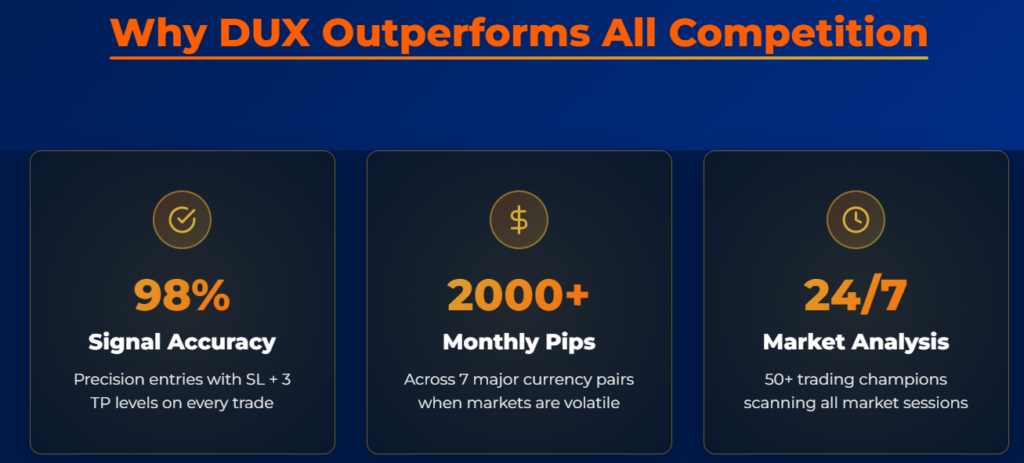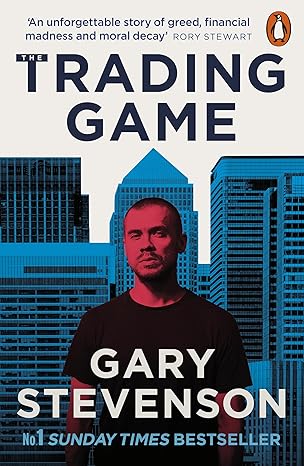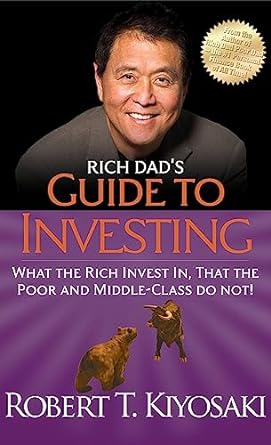Gary Stevenson’s memoir, The Trading Game: A Confession, offers a compelling narrative of his ascent from a modest upbringing in East London to the high-stakes world of Citibank’s trading floors. This account delves into the complexities of global finance, the personal toll of high-pressure trading, and a critical examination of economic inequality.
Early Life and Ambitions
Growing up in East London, Stevenson was acutely aware of the socioeconomic disparities that surrounded him. The towering structures of Canary Wharf symbolized a world of wealth and opportunity that seemed just out of reach. With a natural aptitude for mathematics, he secured a place at the London School of Economics (LSE), where he honed his analytical skills and set his sights on a career in finance.
The Unconventional Entry into Trading
Breaking into the elite circles of investment banking often requires more than just academic excellence; it demands connections and a certain pedigree. Stevenson’s path diverged from the traditional route when he learned of a unique recruitment strategy employed by Citibank: a card game designed to identify individuals with exceptional mathematical prowess and trading instincts. Determined to seize this opportunity, Stevenson immersed himself in preparation, ultimately winning the game and securing an internship at Citibank. This victory marked the beginning of his rapid ascent in the trading world.
Rise to Prominence
At Citibank, Stevenson’s keen insights into economic trends set him apart. In the aftermath of the 2008 financial crisis, while mainstream economists anticipated a swift recovery fueled by central bank interventions, Stevenson perceived a different trajectory. He recognized that the influx of capital was disproportionately benefiting corporations and affluent individuals, leading to inflated asset prices amidst stagnating wages for the majority. Betting on this widening inequality, he executed trades that capitalized on the growing economic divide, amassing significant profits and earning him the distinction of being one of the bank’s most successful traders.
Moral Dilemmas and Personal Struggles
Despite his financial success, Stevenson grappled with profound ethical concerns. His wealth stood in stark contrast to the hardships faced by his family and community. The realization that his profits were, in part, derived from economic policies exacerbating inequality led to a deep sense of disillusionment. The relentless demands of trading further eroded his well-being, culminating in exhaustion and a desire to extricate himself from the industry. However, departing from Citibank proved challenging, as the institution was reluctant to release his bonuses, leading to a protracted and contentious separation.
Narrative Style and Reception
Stevenson’s storytelling is marked by candor and a sharp wit. He adeptly demystifies complex financial concepts, making them accessible to a broad audience. His portrayal of the trading floor is both humorous and critical, highlighting the eccentricities and moral ambiguities of his colleagues. While the memoir has been lauded for its engaging prose and insightful commentary, it has also sparked debate. Some former colleagues have contested Stevenson’s claims about his trading achievements, suggesting potential embellishments in his narrative. Nonetheless, the memoir has resonated with many readers, offering a nuanced perspective on the interplay between personal ambition and systemic inequality.
Post-Trading Advocacy
Since leaving the financial sector, Stevenson has dedicated himself to addressing economic disparities. Through various platforms, including a popular YouTube channel, he educates the public on the structural factors contributing to inequality and advocates for policy reforms aimed at creating a more equitable economic landscape. His firsthand experience in high finance lends credibility to his critiques and proposals, positioning him as a prominent voice in contemporary economic discourse.
Conclusion
The Trading Game: A Confession is more than a memoir; it is a critical examination of the financial industry’s role in perpetuating inequality. Stevenson’s journey from a working-class neighborhood to the pinnacles of trading success, and his subsequent disillusionment, offers a unique lens through which to understand the moral complexities of modern finance. His story serves as both a personal testament and a call to reevaluate the systems that govern our economies.


“Start Your Website Journey Today – Exclusive Hostinger Discounts!”






